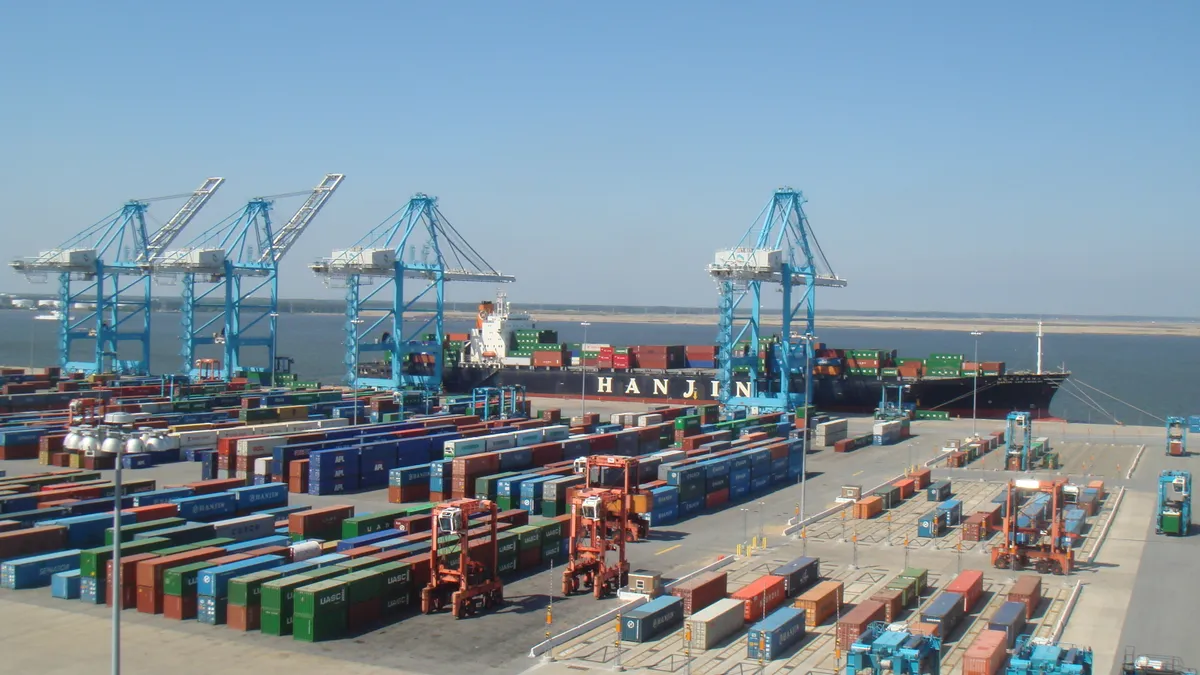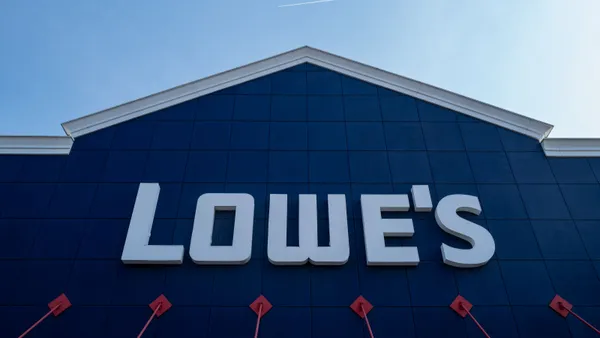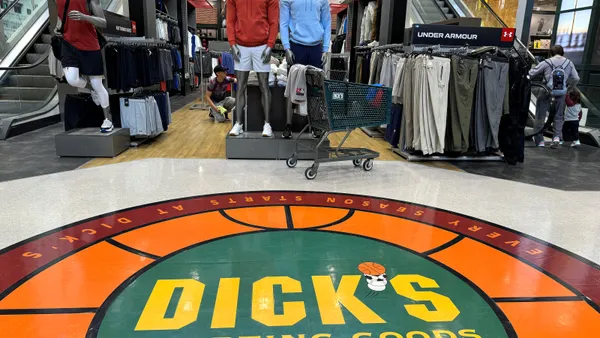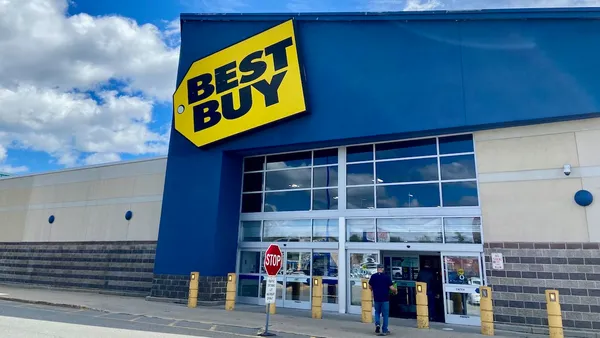Dive Brief:
- Trucking companies known for serving major harbors are not only raising prices, but also intending to charge port customers for excessive wait times and increasingly extended turn times at thriving terminals, JOC reported.
- Between the challenge of accepting pre-established BCO all-inclusive fees which drivers and transport companies cannot negotiate to lost time due to the ELD mandate, long-simmering dissatisfaction has come to a head. Drivers are walking away from the field despite rising pay and benefits, tightening already compressed availability.
- Container lines and BCOs are accepting the price increases, potentially fearing further destabilizing the freight industry with attempts at negotiation. Fuel fees too are a new addition to service contracts.
Dive Insight:
While rate increases were anticipated, a wider array of factors have contributed.
A 3.1% rate increase within freight transport has been the norm, though industry giants such as J.B. Hunt warned of rates as much as 10% higher as a result of the ELD mandate. Drivers too feared the effects of the mandate, believing rates could inflate even 20% more than before enforcement took hold.
The justification for rate increases and the lack of resulting outcry from those dependent on freight transport indicates awareness of just how much the supply chain needs trucks and their drivers. Further, a recognition of past errors, long begrudged by the industry, is also likely fueling the current level of financial acceptance on the part of both BCOs and various shipping lines.
Finally, the effect of post-Panamax sized loads, and the economic boost to the ports receiving them, also allows for greater rate flexibility. In the current industry climate, that means rates are going up.
"East coast ports are handling higher amounts of containers arriving on larger ships as a result of the Panama Canal’s recent expansion that allows for larger ships to transit through," Richard Scher, Director of Communications at the Port of Baltimore, told Supply Chain Dive. "It has been a challenge for ports to adjust to the volume increase but this is a good problem to have."














